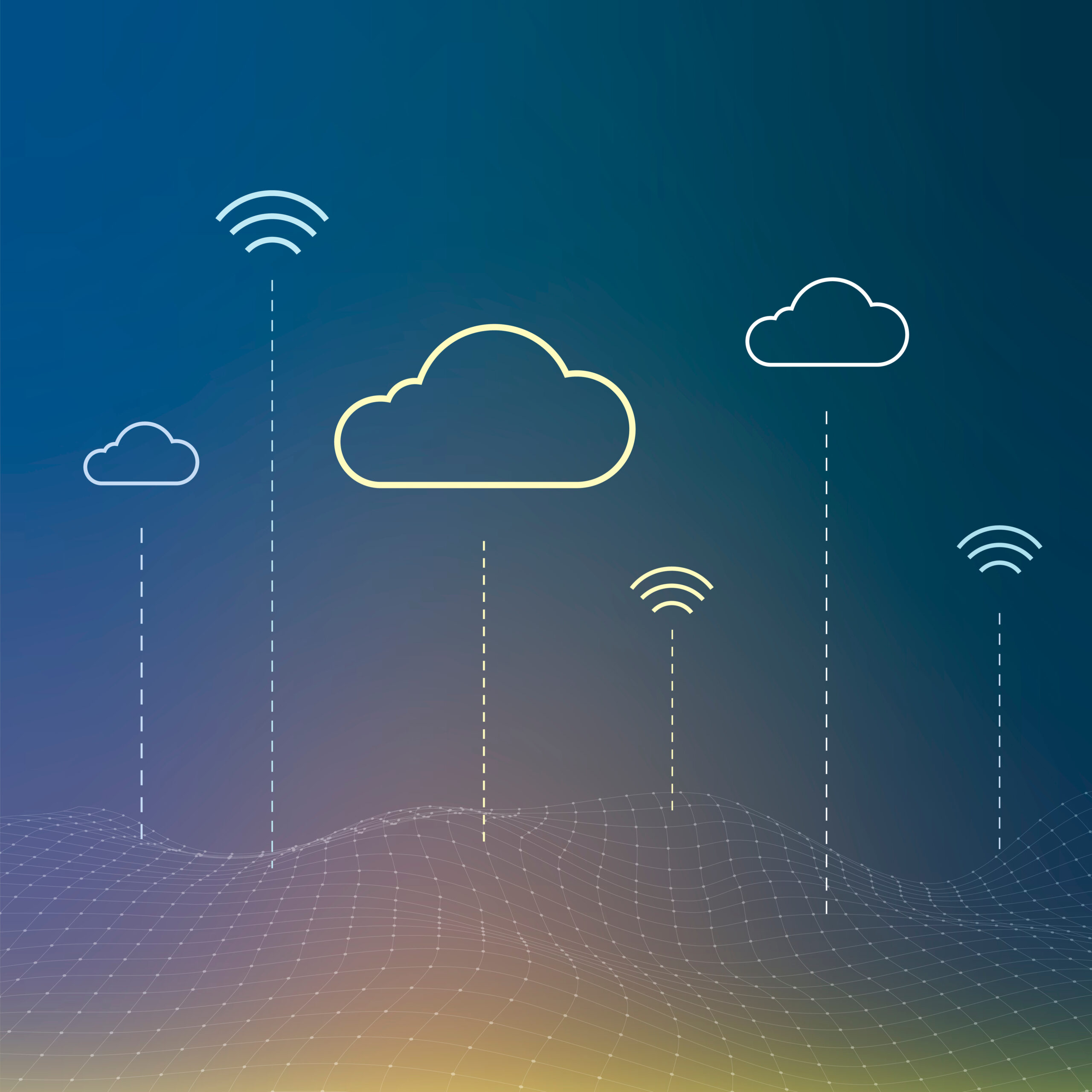
Google DeepMind CEO: Human-Level AI Could Be Just a Decade Away
The pursuit of artificial general intelligence (AGI) — AI that can match human intelligence across all tasks — is edging closer, according to Demis Hassabis, CEO of Google DeepMind. While today’s AI excels at specific jobs, Hassabis believes that true AGI could emerge within the next five to ten years.
Speaking from DeepMind’s headquarters in London, Hassabis explained that current AI models still lack key attributes needed to rival human capabilities. “AI today is powerful but narrow,” he said. “There are still significant gaps when it comes to understanding complex environments, making long-term plans, and interpreting the world in a flexible, human-like way.”
The Journey Toward AGI
Despite AI’s progress in fields like natural language processing and image recognition, AGI requires a broader skill set. Hassabis described AGI as a system capable of mastering a wide range of intellectual tasks — from solving abstract problems to navigating real-world situations — without the heavy specialization we see in today’s AI tools.
DeepMind has made notable progress with AI systems that can play complex games such as Go and StarCraft. However, transferring those skills from game worlds to real-life scenarios remains a hurdle. “We’ve learned a lot from gaming environments,” Hassabis said, “but real life introduces far more unpredictability and nuance.”
Industry Split on AGI Timelines
While Hassabis envisions AGI within a decade, other tech leaders are more optimistic — or cautious. Dario Amodei, CEO of AI research firm Anthropic, expects AI that outperforms most humans at most tasks could surface in just a few years.
Cisco’s Jeetu Patel recently suggested that we may witness early signs of AGI by 2025, while other prominent voices, such as Baidu CEO Robin Li, predict that AGI could take well over 10 years to materialize. Even Elon Musk has weighed in, forecasting AGI by 2026, while OpenAI’s Sam Altman believes it could appear in the “near-ish future.”
The Missing Pieces
Hassabis emphasized that one of the biggest challenges ahead is building AI systems that can “understand” the physical world. This includes enhancing AI’s ability to reason, plan, and interact smoothly with dynamic environments and other agents.
One promising avenue is the development of multi-agent AI systems — a network of AI entities capable of cooperating, competing, and exchanging information. “These agent-based ecosystems simulate how humans interact in groups, and they’re key to advancing AI’s general intelligence,” explained Hassabis.
DeepMind’s research into multi-agent dynamics, notably through AI training in games like StarCraft, is helping lay the groundwork for more advanced collaborative AI systems that could one day operate in the real world.
Looking Ahead: AGI and Beyond
The AI community widely agrees that AGI is coming — the debate is mostly about when. Hassabis notes that while breakthroughs are accelerating, truly general AI will require not just smarter algorithms but also systems that can adapt and learn from the complexities of the real world.
Beyond AGI lies the even more transformative concept of artificial superintelligence (ASI), which could surpass human intelligence by orders of magnitude. However, Hassabis noted, no one can yet pinpoint when — or if — ASI will become a reality.
For now, the focus remains on unlocking the next major milestone: creating machines capable of matching the rich, versatile intelligence of humans.


